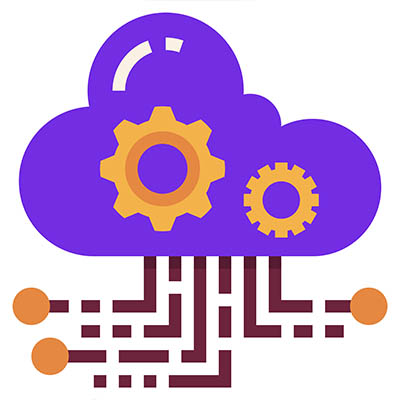AI has moved past the buzzword phase and into the plumbing phase. It is no longer about what an AI can say; it is about what it can do. But as the industry races toward total autonomy, the gap between a productivity breakthrough and a systemic breakdown has become a razor-thin edge.
For most businesses, integrating artificial intelligence isn’t just about picking the right software; it’s about doing what you can to properly feed the beast. AI runs on data, and if that data is a chaotic mess, your expensive tools will be trying to solve a puzzle with half the pieces missing and the other half upside down.
What does your perfect help desk solution look like? Too many businesses look at it like the emergency option or the place to go when you need immediate support, but that’s a hard way to judge its value to your business. When it’s not used, it might seem like you’re paying a whole lot for nothing much, but you can change this perception by reimagining what the help desk does for your business.
Every day, countless chats are sent between colleagues as they go about their duties. If your business uses Google Chat to send these messages, then you have the capability of scheduling chats for a later date. This neat little feature is hidden right in plain sight, too, so don’t feel bad about not seeing it. The question now is what are you going to use it for, and how do you schedule chats in the first place?
Sometimes, it can seem that business technology is a bit like the weather—just wait five minutes, and it’ll change. However, for a small business, those changes can sometimes feel less like a refreshing breeze and more like a localized thunderstorm inside your server room. Of course, when you’re busy running a business, you shouldn’t have to be an amateur sleuth to figure out why your Wi-Fi is acting up. Here are a few common technology oddities your team might encounter, along with how a proactive partner keeps the “glitches” at bay.
SaaS—Software as a Service—is a hugely effective tool for businesses of all sizes. That said, like any tool, it can quickly become a weapon against your success… slowly cutting into your business until you suddenly realize your budget has been bleeding out. Let’s talk about what makes SaaS either a great tool or your biggest internal threat, depending on how you manage it.
Some of the hardest cybersecurity lessons are only learned after the fact. Whether it’s a data breach caused by poor security practices or simple human error, the end result is the same: a loss of time, money, and reputation. You can learn these simple security lessons now and save yourself a lot of hurt along the way.
Cybersecurity is a topic near and dear to most business owners’ hearts. You might not specialize in securing your infrastructure, but it’s still a vital factor that cannot be ignored. Today, we want to cover how you can make cybersecurity as easy as possible for your team so they don’t accidentally put your business at risk.
You might like to think your team keeps to your officially assigned technology, but is this actually the case for your business? The real world is often messier and less clear-cut, and you might have a team that has downloaded unapproved tools to their devices in an effort to make their workdays easier. You have a responsibility to manage this chaos—also known as shadow IT—before it becomes your company’s downfall.
Imagine finalizing a high-stakes client proposal, only to realize—seconds before the ink dries—that your AI assistant generously included a 50 percent discount on your most profitable service. It sounds like a corporate fever dream, but in the world of unmanaged AI, it is a very real possibility. While artificial intelligence is a powerhouse for productivity, it is only an asset if there is a human at the wheel. Without a sanity check, AI can quickly transition from a helpful tool to a liability.










